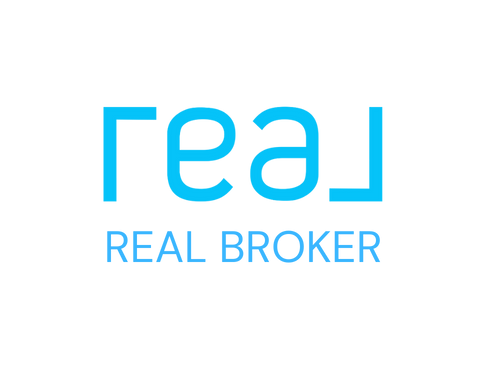Home ownership can bring a number of financial benefits, including tax savings. In the United States, homeowners are eligible for several tax deductions and credits that can help lower their tax bill each year. In this post, we’ll explore the main tax benefits of home ownership and how you can take advantage of them.
Mortgage Interest Deduction
One of the biggest tax benefits of home ownership is the mortgage interest deduction. This allows homeowners to deduct the interest paid on their mortgage from their taxable income. The mortgage interest deduction applies to both primary and secondary residences and there is no limit on the amount of interest that can be deducted, although there are some restrictions. To qualify, the mortgage must be used to buy, build, or improve the taxpayer’s home and the loan must be secured by the home.
Property Tax Deduction
Another significant tax benefit of home ownership is the property tax deduction. Homeowners are able to deduct the amount of property taxes they pay each year on their federal tax return. This deduction can be a substantial amount, especially for those living in areas with high property taxes. Property taxes are deductible regardless of whether they are paid through an escrow account or directly to the local government.

Capital Gains Exclusion
When a homeowner sells their primary residence, they may be eligible for a capital gains exclusion. This exclusion allows homeowners to exclude up to $250,000 of the capital gain from the sale of their home from their taxable income. For married couples filing jointly, this is increased to $500,000. To qualify for the capital gains exclusion, the homeowner must have lived in the home as their primary residence for at least two of the five years prior to the sale.
Home Office Deduction
This deduction allows homeowners to deduct a portion of their mortgage interest, property taxes, utilities, and other expenses associated with the use of a home office. To qualify, the home office must be used regularly and exclusively for business purposes. The deduction is calculated based on the percentage of the home that is used for business purposes. With more people working from home than ever this could be a huge advantage to many.
Energy-Efficient Home Improvements
Homeowners who make energy-efficient home improvements may be eligible for a tax credit. This credit is available for a variety of energy-efficient upgrades, including insulation, windows, and heating and cooling systems. The tax credit is equal to a percentage of the cost of the upgrades and is limited to a certain dollar amount each year.
To take full advantage of these benefits, it’s important to understand the eligibility requirements and to consult with a tax professional. By maximizing the tax benefits of home ownership, you can enjoy the financial benefits of homeownership while also reducing your tax bill.
While the tax benefits of home ownership can be substantial, it’s important to keep in mind that not all homeowners will be eligible for every deduction and credit. It’s also important to consult with a tax professional to ensure that you are taking advantage of all the tax benefits available to you.




